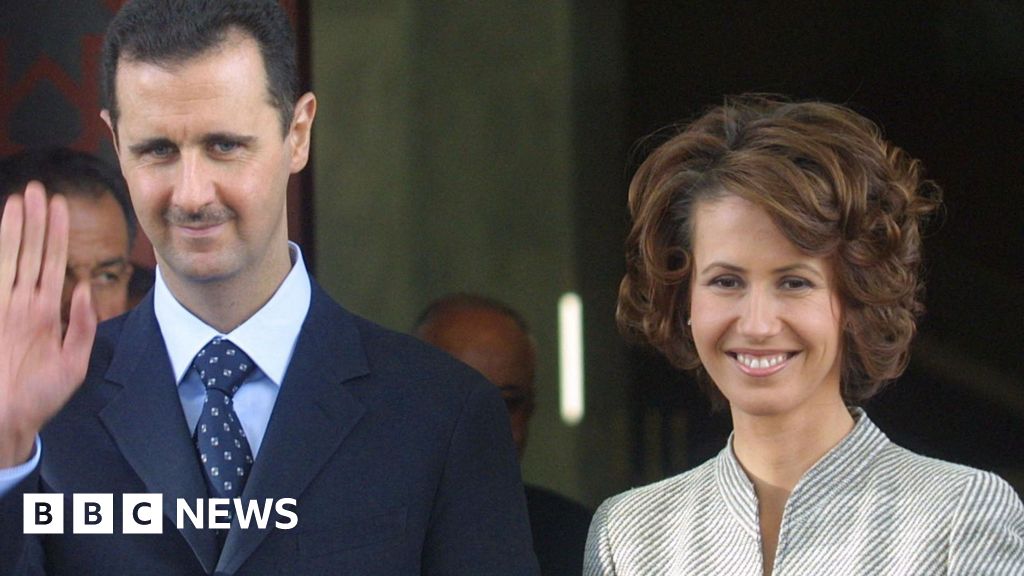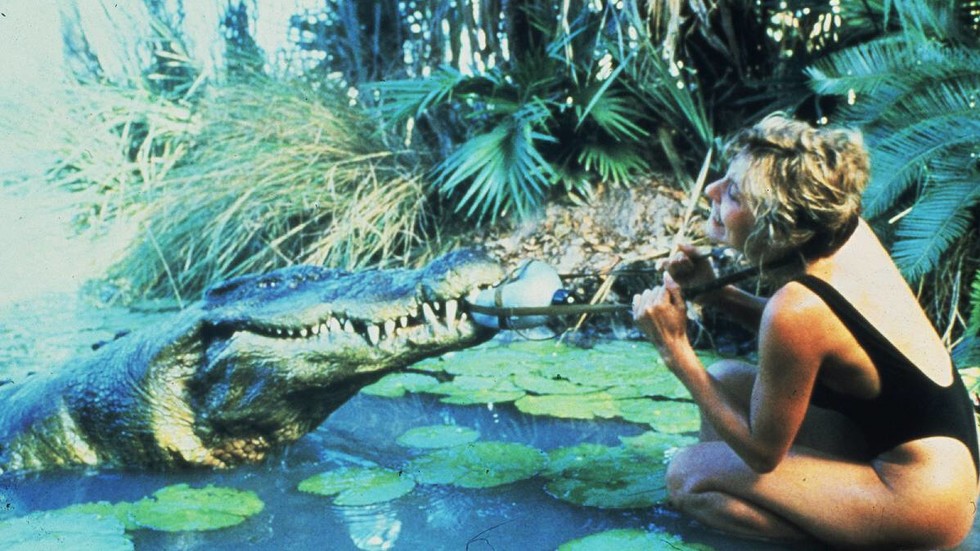You have a preview view of this article while we are checking your access. When we have confirmed access, the full article content will load.
The trip by President William Ruto of Kenya came against a bleak backdrop in Haiti, where gangs operate with impunity and the Kenyan peacekeepers remain largely out of sight.

Sept. 21, 2024, 3:39 p.m. ET
The president of Kenya visited Port-au-Prince on Saturday for his first tour of the base where an understaffed and ill-equipped contingent of nearly 400 of his country’s police officers are attempting to bring peace to Haiti, nearly seven months after a gang uprising took thousands of lives and toppled the government.
The visit by the president, William Ruto, came amid a bleak backdrop. The recent kidnapping of two Filipino sailors put a halt to cargo shipments by sea, the capital’s downtown streets are still deserted and even Haiti’s prime minister cannot use his own office, because it is in a gang-controlled area.
A top United Nations human rights expert on Friday called the humanitarian crisis in Haiti “an enduring agony” and said gangs had moved to areas outside the capital.
The Kenyan officers, who arrived in late June, are nowhere to be seen.
An operation that aims to take back the capital from the grip of violent gangs with 2,500 officers from around the world at this point has just 400 police members. The equipment and resources they have been allocated are insufficient, said William O’Neill, the U.N. human rights expert, who concluded a visit to Port-au-Prince on Saturday.
“His police are doing all they can with what they have,” Mr. O’Neill said. “But what they have is not adequate to the task. They need helicopters, night vision goggles, drones and more reliable armed vehicles. They also need reinforcements from other countries, especially those that have promised to contribute to the effort.”
The U.N. Security Council authorized the operation, known as the Multinational Security Support Mission, or M.S.S., last October amid an increase in gang violence. The United States pledged more than $300 million to finance it, and Jamaica sent a small contingent, but besides the Biden administration, only Canada has contributed to the effort.

.png) 3 months ago
16
3 months ago
16









